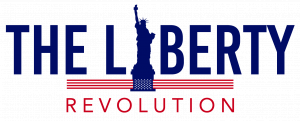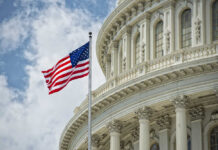(TheLibertyRevolution.com)- The fate of almost 1.2 million Pennsylvanians is uncertain after the Supreme Court cast serious doubt on the constitutionality of the Biden administration’s proposal to cancel more than $400 billion in federal student debt on Tuesday.
Justices examined whether the administration had the authority to erase student debt over more than three hours of arguments in two distinct issues relating to the scheme. By the end of the day, it seemed like the conservative majority on the court would rule against the proposal, affecting over 26 million people (including about 80,000 in the Pittsburgh area) who sought debt relief last year.
In June, the uncertainty for those with federal loans will end. Payments, which had been put on hold because of the epidemic, will resume on June 30 once the court issues its verdict that month.
The court’s skepticism during the hearing didn’t surprise local experts, but they did warn that the ruling might have long-lasting consequences for individuals and families that hold loans.
If debts aren’t forgiven, and people have to start paying them back, “we’ll certainly see some possible ripple effects for families,” Ms. DeAngelo said.
The liberal justices sided with the Department of Education in their fight to cancel student loan payments because of the pandemic. These raise questions about whether the debt-relief program damages the people who filed the cases challenging it (six Republican-led states and two borrowers who did not get the relief they requested).
According to The Washington Post, a conservative majority on the court was wary of Mr. Biden’s ability to offer debt relief because they questioned the fairness of a policy that benefits some debtors but not others.
The chief justice, John G. Roberts Jr., doubted that a “half-trillion dollar” program could be carried out without more significant input from Congress. The responsibility of Congress and the role that we should exercise in analyzing that, he said, are “extraordinarily serious, critical concerns” in this situation.
The court’s conservatives, led by the chief justice, have used the “big issues doctrine” to insist that legislation with far-reaching political and economic effects must have congressional approval.















